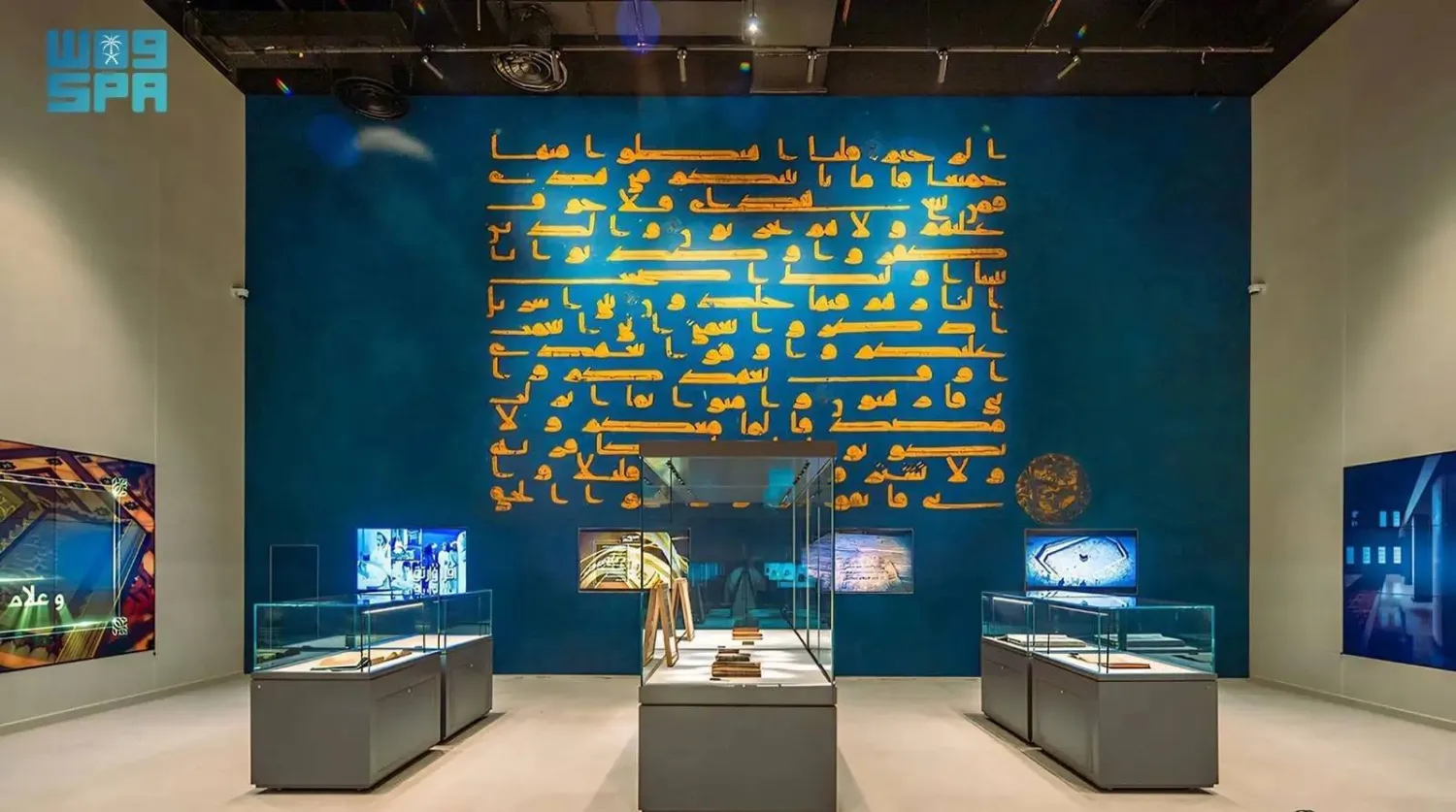The king and queen of the Netherlands began a four-day tour of the US on Monday in Atlanta, where they paid tribute to the late Rev. Martin Luther King, Jr. and learned about the history of the church where he served as pastor.
King Willem-Alexander and Queen Maxima were also scheduled to visit a music studio in the city that is a hub for hip hop artists.
The visit — and its focus on Black cultural sites — comes less than a year after the king apologized for his country’s role in slavery and asked for forgiveness during a historic and emotional speech in Amsterdam.
At the King Center, Rev. Martin Luther King Jr.’s daughter, Bernice King, greeted the king and queen and walked with them to a marble crypt containing the remains of her father and mother, Coretta Scott King, where the couple lay a wreath. Civil rights leader and former Atlanta Mayor Andrew Young also attended the event.
Willem-Alexander called the visit "deeply moving" for the couple and said the "drive for emancipation among people of color" was a story of "pain and anger, but also one of pride, solidarity and the steadfast belief in peace and reconciliation."
"In the Netherlands, too, the fight against discrimination and racism continues to command our full attention," he said, reading from prepared remarks. "Martin Luther King inspires us never to give up. His voice continues to resonate even across the Atlantic."
The couple later met with Black students at Ebenezer Baptist Church, where they learned about the church's role in the Civil Rights Movement and the fight for racial justice. On Tuesday, they are scheduled to visit Savannah State University, the oldest public historically Black college or university in Georgia.
The trip also has an economic motive. In 2023, total trade between Georgia and the Netherlands was $2.9 billion, according to the Georgia Department of Economic Development.
The king and queen met earlier Monday with Georgia Gov. Brian Kemp at the state Capitol, where they and a delegation of Dutch business leaders planned to discuss economic cooperation.
They were scheduled to be on hand later for the opening of a new cold storage facility by Dutch company NewCold.
On Tuesday, they plan to visit the Port of Savannah. The trip concludes with a visit to New York on Wednesday and Thursday.









